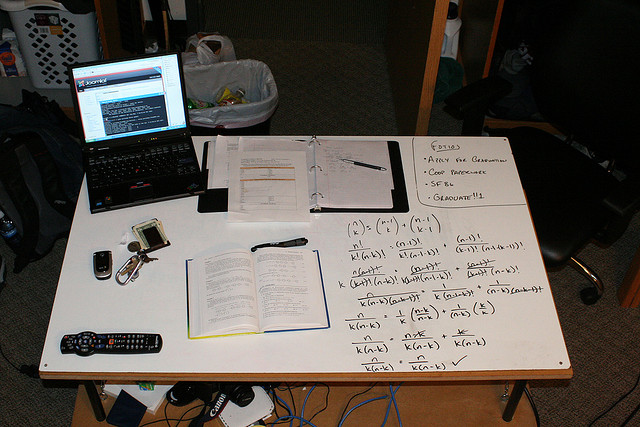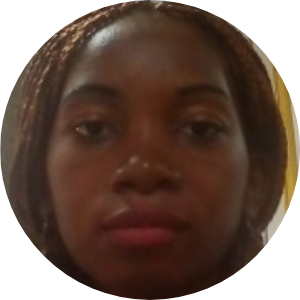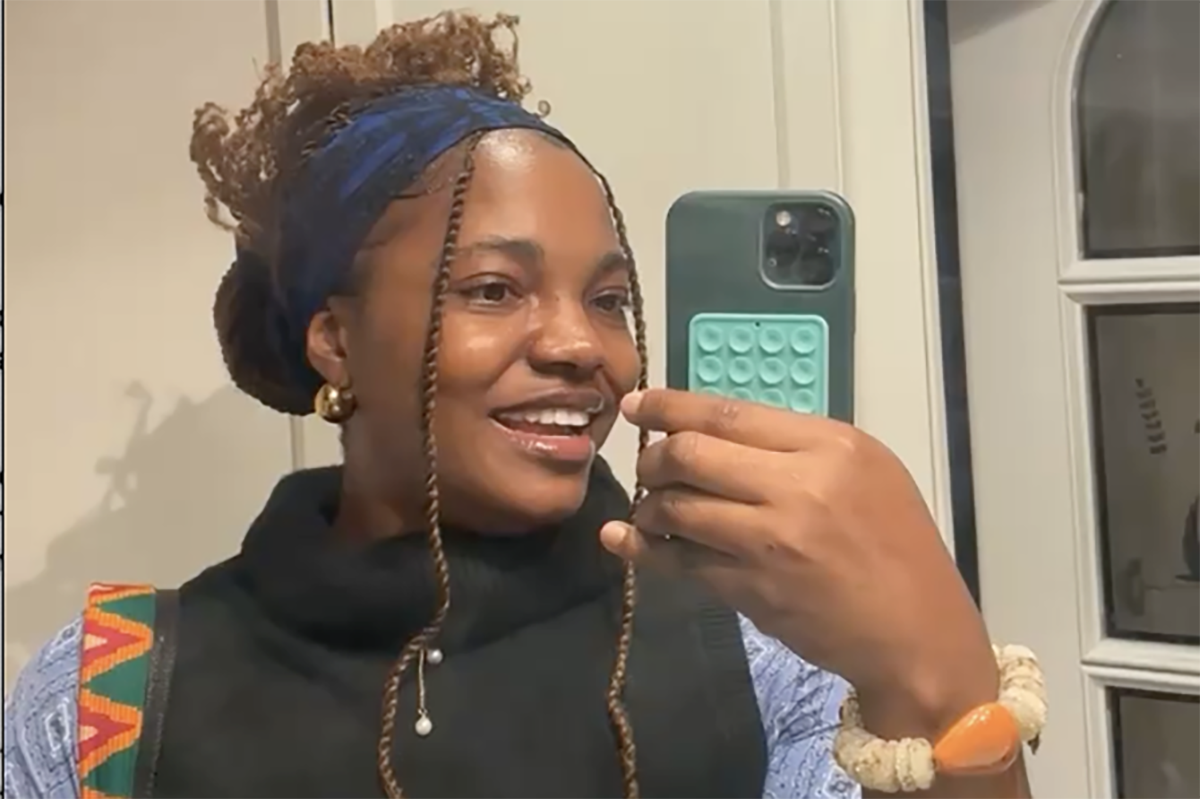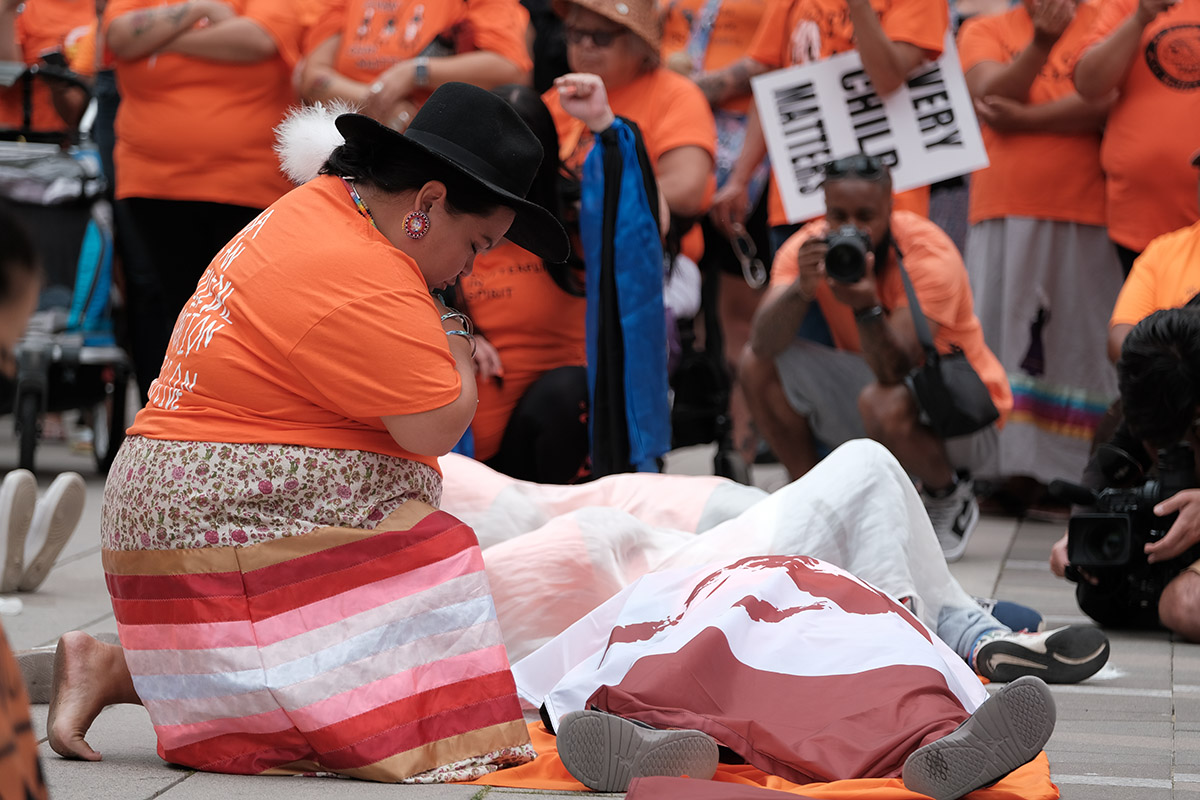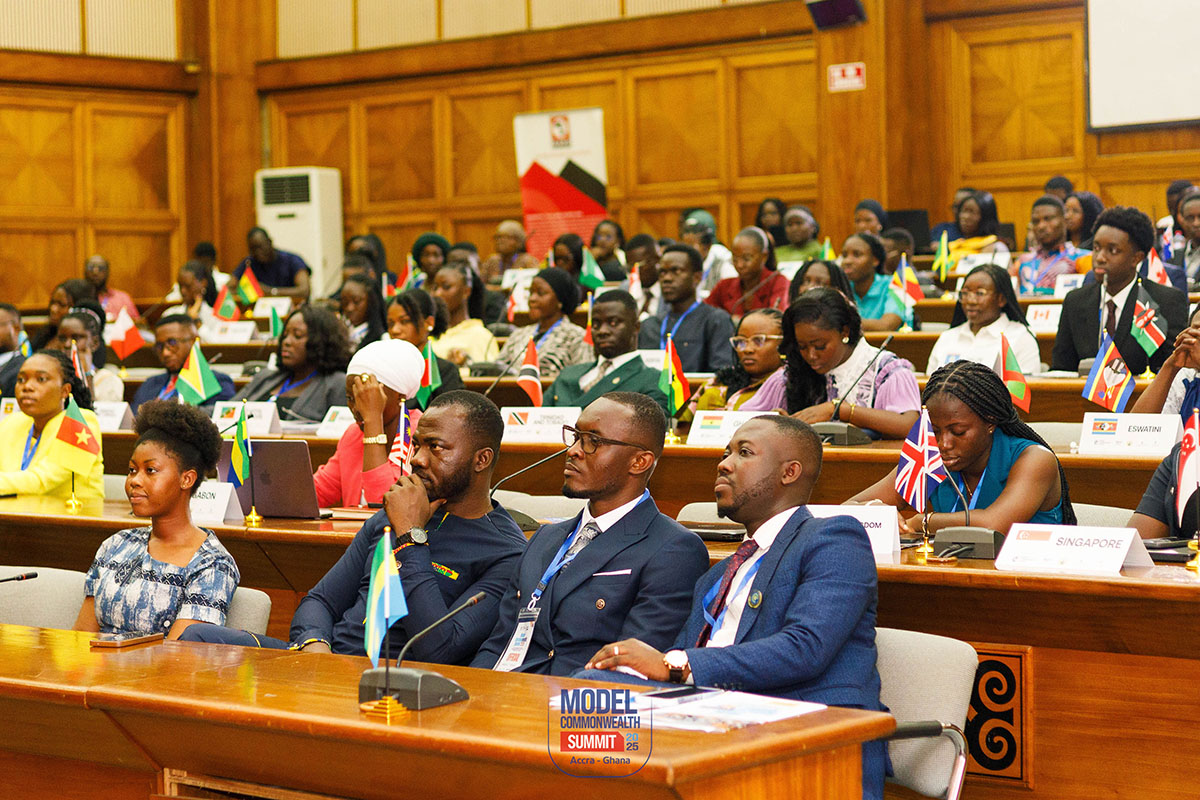"Inside a Cameroonian education experiment"
January 20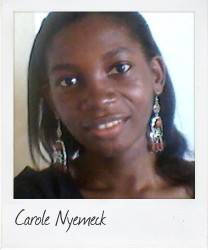 Allowing students to pursue their own interests can lead to remarkable results, writes Carole Nyemeck, 22, a Commonwealth Correspondent from Yaounde in Cameroon, who describes a bold experiement in education.
Allowing students to pursue their own interests can lead to remarkable results, writes Carole Nyemeck, 22, a Commonwealth Correspondent from Yaounde in Cameroon, who describes a bold experiement in education.
Innovation is the gigantic motion which enlightens the world, and dynamism the staunch wheel that allows for its concretization.
As such, one of the concepts that fall within this range is surely the educational model “Khan Academy”. This initiative proposes a reverse teaching model where students’ thirstiness for learning prevails. It was designed by Salman Khan, an American educator living in California.
Research tends to show that most entrepreneurs are drawn to a career due to the personal obstacles they encountered. Salman Khan was no exception to that. It was when trying to help his niece Nadia catch up with her mathematics homework that he discovered a particular way to make her feel interested and even passionate about the process. Expanding this, his way became to let students learn at their own pace, without the burden of notes at the end of every learning process. They would freely access thousands of videos in every possible field of study, from primary education to university education. Moreover, adults would have the possibility of updating their knowledge through that informal education platform.
The increasingly global village in which we live has made interconnectedness and spreading of innovations a palpable reality. The Cameroonian library “Centre de Lecture et d’Animation Culturelle (CLAC)” situated in Yaoundé, gladly leaned in to that scheme with a one-year experiment. The “CLAC” is a private library founded and managed by Charles Kamdem, a Cameroonian librarian. It is devoted to promote and expand innovative methods of teaching and learning. For Mr. Kamdem, his venture is “a third-place library, in the sense that it is at the center of community’s needs”. That statement was made during the interview we had with him in September 2014, which led us to attend the official ceremony with results of the year-long experimentation, in November 2014.
The mastermind concept in psychology consists of many creative and synthetic imaginations of individuals melding together with the aid of thought and vision, as one unique being, to achieve innovative endeavours. That is probably what happened when the CLAC and its partners “Library Without Borders (LWB)” and Orange Foundation discovered the Khan Academy and decided to unite and implement it. They began with the agreement of the Cameroonian government. The pilot phase begun in November 2013 consisted of translating the more than 2500 video tutorials in French. Afterwards, 257 eighth and ninth grade students were selected from one public primary school (“Ecole Publique d’Essos” which has four independent sections) and three private primary schools (“Canne et Coussinets”, “Les Allouettes” & “Les Grillons”). Weekly, a bus transported the students from their schools to the CLAC to attend sessions of two hours in the multimedia room, then back to school at the end. They used the raspberry pi (an offline mini-computer) to work with the videos without needing internet.
In June 2014, the sessions came to an end with the holidays. In order to get results, the CLAC and LWB selected “Ecole Publique d’Essos” to be the school where evaluations would be done, as that school is subdivided in four schools. Then, they did a pre-assessment session of the academic level of the students. After that, with the use of a software, they came up with a test group (the pupils who took part in the Khan Academy sessions) and a control group (the pupils who stayed in traditional classrooms). When the post-assessment was done on the two groups, the CLAC and LWB discovered that the test group’s level in mathematics had considerably risen, with approximately 2.8/20 (which accounts for 13.8 per cent), and a 20 per cent progress for students who were originally in low ranks. It also occurred that students of the test group developed better cognitive faculties and their analytical skills had considerably improved with more than 28.2 points. The test group was not faster than the control one when it came to solving problems, but students in that group took time to think and then gave more right answers. Even with the standardized test of creativity, a 36 per cent rise in creative thinking abilities was found in the test group, and those students were more confident.
The aim of the CLAC having been to humbly propose to the Cameroonian government an innovative educational model to complement and reinvigorate the present one, we can only wish for more development partnerships that place youth empowerment at the centre. If – as showed by results – that experimentation paid off, so can others.
photo credit: fotios via photopin cc
…………………………………………………………………………………………………………………
About me: I am a student studying in Yaoundé, the political capital of the country. I am also a member of Cameroonian Student Achievers Club at the Yaoundé US Embassy, and wish to further my education in the United States.
I have always loved the media universe and its components of radio, television, newspapers and internet. However, my first professional encounter with this world came recently, when I began volunteering at Radio Maria Yaoundé.
…………………………………………………………………………………………………………………
Opinions expressed in this article are those of the author and do not necessarily represent the views of the Commonwealth Youth Programme. Articles are published in a spirit of dialogue, respect and understanding. If you disagree, why not submit a response?
To learn more about becoming a Commonwealth Correspondent please visit: http://www.yourcommonwealth.org/submit-articles/commonwealthcorrespondents/
…………………………………………………………………………………………………………………
